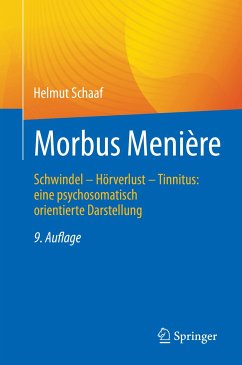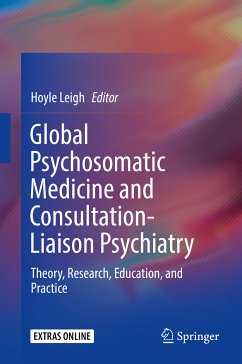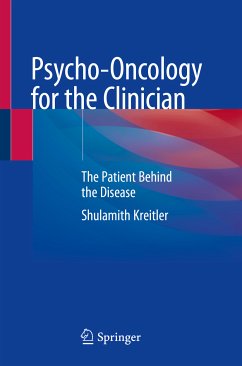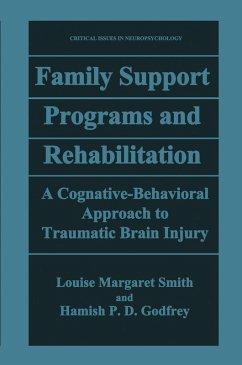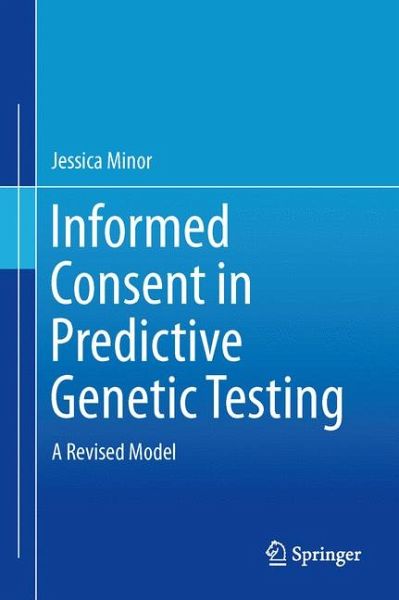
Informed Consent in Predictive Genetic Testing (eBook, PDF)
A Revised Model
Versandkostenfrei!
Sofort per Download lieferbar
64,95 €
inkl. MwSt.
Weitere Ausgaben:

PAYBACK Punkte
32 °P sammeln!
This important book proposes revising the current informed consent protocol for predictive genetic testing to reflect the trend toward patient-centered medicine. Emphasizing the predictive aspect of testing, the author analyzes the state of informed consent procedure in terms of three components: comprehension of risk assessment, disclosure to select appropriate treatment, and voluntariness. The book's revised model revisits these cornerstones, restructuring the consent process to allow for expanded comprehension time, enhanced patient safety, greater patient involvement and autonomy, and redu...
This important book proposes revising the current informed consent protocol for predictive genetic testing to reflect the trend toward patient-centered medicine. Emphasizing the predictive aspect of testing, the author analyzes the state of informed consent procedure in terms of three components: comprehension of risk assessment, disclosure to select appropriate treatment, and voluntariness. The book's revised model revisits these cornerstones, restructuring the consent process to allow for expanded comprehension time, enhanced patient safety, greater patient involvement and autonomy, and reduced chance of coercion by family or others. A comparison of the current and revised versions and case studies showing the new model in real-world applications add extra usefulness to this resource.
Included in the coverage:
A milestone in the bioethics literature, Informed Consent in Predictive Genetic Testing will be of considerable interest to genetic counselors, medical and bioethicists, and public health professionals.
Included in the coverage:
- The science behind PGT.
- Understanding genetic risks and probability.
- The history of informed consent.
- Revised model of informed consent: comprehension, disclosure, voluntariness, patient safety.
- Applications of the model in DTC and pleiotropic genetic testing.
- Implementation of the revised model, and assessing its effectiveness.
A milestone in the bioethics literature, Informed Consent in Predictive Genetic Testing will be of considerable interest to genetic counselors, medical and bioethicists, and public health professionals.
Dieser Download kann aus rechtlichen Gründen nur mit Rechnungsadresse in A, B, BG, CY, CZ, D, DK, EW, E, FIN, F, GR, HR, H, IRL, I, LT, L, LR, M, NL, PL, P, R, S, SLO, SK ausgeliefert werden.







